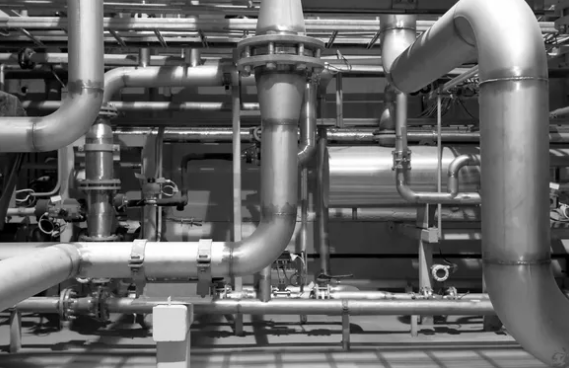
Industrial Wastewater Treatment
We often view industrial wastewater treatment as a necessary evil – a regulatory hurdle businesses must overcome. But this perspective misses a crucial point: effective wastewater treatment is not just about compliance; it's about unlocking hidden treasures.
Industrial Wastewater Treatment
1. Resource Recovery: Transforming Waste into Valuable Assets
Water Reclamation: Treated wastewater can be reused for various purposes, such as:
Cooling towers: Reducing the demand for fresh water.
Irrigation: A sustainable source for agricultural needs.
Industrial processes: Closing the loop and minimizing reliance on external water sources.
Nutrient Recovery: Wastewater often contains valuable nutrients like nitrogen and phosphorus. These can be recovered and used to:
Produce fertilizers: Reducing the environmental impact of synthetic fertilizers.
Cultivate algae: For biofuel production or animal feed.
Energy Recovery:
Biogas production: Anaerobic digestion of organic matter in wastewater generates biogas, a renewable energy source.
Heat recovery: Heat from treatment processes can be captured and used to preheat incoming wastewater or for other on-site needs.
2. Environmental Stewardship: Minimizing Ecological Footprint
Reduced Pollution: Proper treatment prevents the discharge of harmful pollutants into rivers, lakes, and oceans, protecting aquatic ecosystems and human health.
Improved Water Quality: By reducing pollution, wastewater treatment contributes to cleaner water sources, benefiting communities and supporting recreational activities.
Reduced Greenhouse Gas Emissions: By minimizing energy consumption and recovering energy from wastewater, treatment plants can significantly reduce their carbon footprint.
3. Enhanced Business Performance
Cost Savings:
Reduced water consumption and treatment costs.
Increased resource efficiency.
Potential revenue generation from the sale of recovered resources.
Improved Brand Image: Demonstrating environmental responsibility enhances a company's reputation and attracts eco-conscious customers.
Regulatory Compliance: Avoiding costly fines and penalties associated with non-compliance.
4. Innovation and Technological Advancements
Driving Research and Development: The wastewater treatment industry is constantly evolving, with innovative technologies emerging to improve efficiency and sustainability.
Creating New Job Opportunities: The development and implementation of advanced treatment technologies create skilled job opportunities in engineering, environmental science, and other related fields.
Moving Beyond Compliance
By embracing a holistic approach to wastewater treatment, businesses can transform it from a cost center into a strategic advantage. By embracing resource recovery, prioritizing environmental stewardship, and driving innovation, companies can unlock the hidden treasures within their wastewater streams, contributing to a more sustainable and prosperous future.